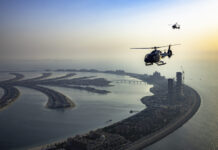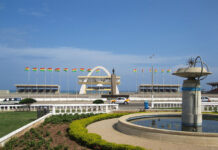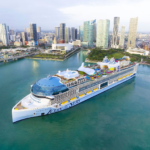Thailand has an excellent reputation as one of the easiest places to travel in Asia. There’s plenty to see, troubles are limited, English signs and menus are common, and you can easily navigate at any time of the day or night.
However, there are a few things that every traveler should know. Here are our top tips to enjoy your trip:
Thailand’s rainy season varies by region
The rainy season from June to October brings heavy rains and regular storms to northern, central, and southwestern Thailand, creating dangerous conditions for travel by sea. The east coast and the Gulf of Thailand are wet a little later, from October to December.
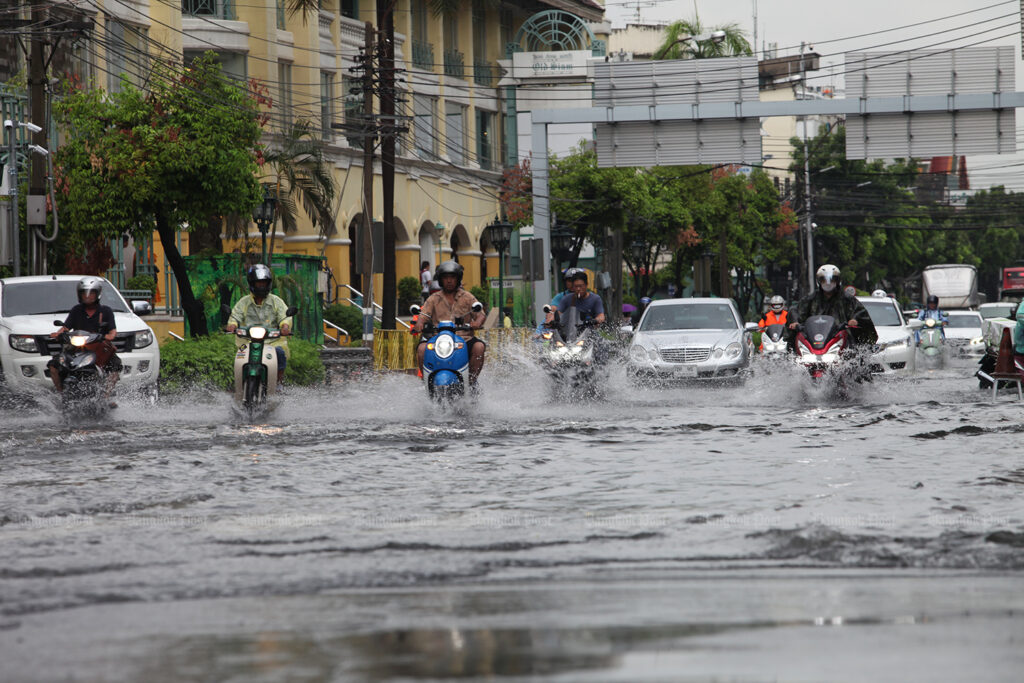
Traveling in the rainy season means lower prices and less congestion, but some accommodations close and many island ferries stop, including services in the Tarutao archipelago. If this is the period you decide to visit, you will definitely want to pack some wet weather equipment.
Check out recommended vaccinations before visiting Thailand
You may have already been vaccinated against COVID-19, but most doctors also recommend getting vaccinated against tetanus and hepatitis A.

Rabies vaccination is also recommended; dogs, cats, and monkeys can all carry this viral disease. There is malaria along the borders with Laos, Cambodia, Myanmar, and Malaysia. If you visit these areas, use antimalarial prophylaxis such as atofacon, proguanyl, or doxycycline.
Travelers to Thailand book in advance
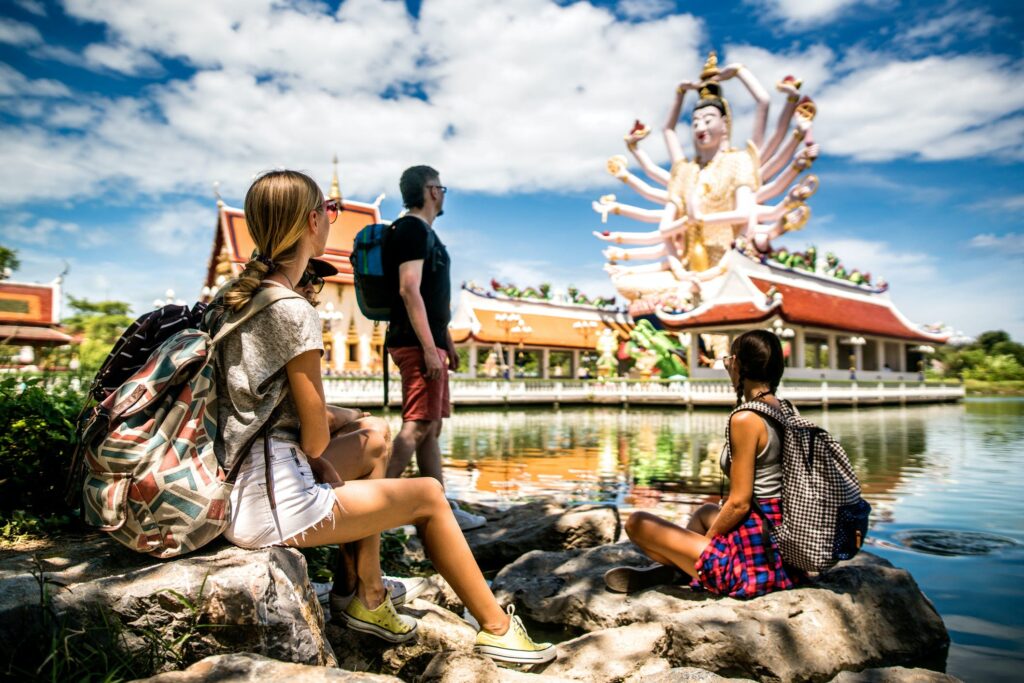
If you have cravings for a cruise, train trip, installation trip, tour, or luxury hotel accommodation, book in advance during the busy tourism season from November to March or during any religious holiday. During the rainy season, call or email ahead to check if places are open.
Follow local etiquette when meeting Thai people
When you meet locals in Thailand, the standard greeting is the wai, a respectful bow of the head with hands intertwined in front of the chest.

Do not shake hands unless the other person takes the initiative to do so. If you are invited to a Thai home, take off your shoes before entering and avoid pointing your soles at someone else.
Dress modestly
Thai women and men usually avoid revealing fashion that reveals a lot of skin.

Wearing a swimsuit is appropriate on the beach, but away from the sand, you can wear sarong or fisherman’s pants, as well as something that covers the shoulders if you visit religious sites.
Know what to expect at the dining table
When eating in Thailand, everything is served at the same time on the table, usually placed in the middle of the table to be shared by everyone.
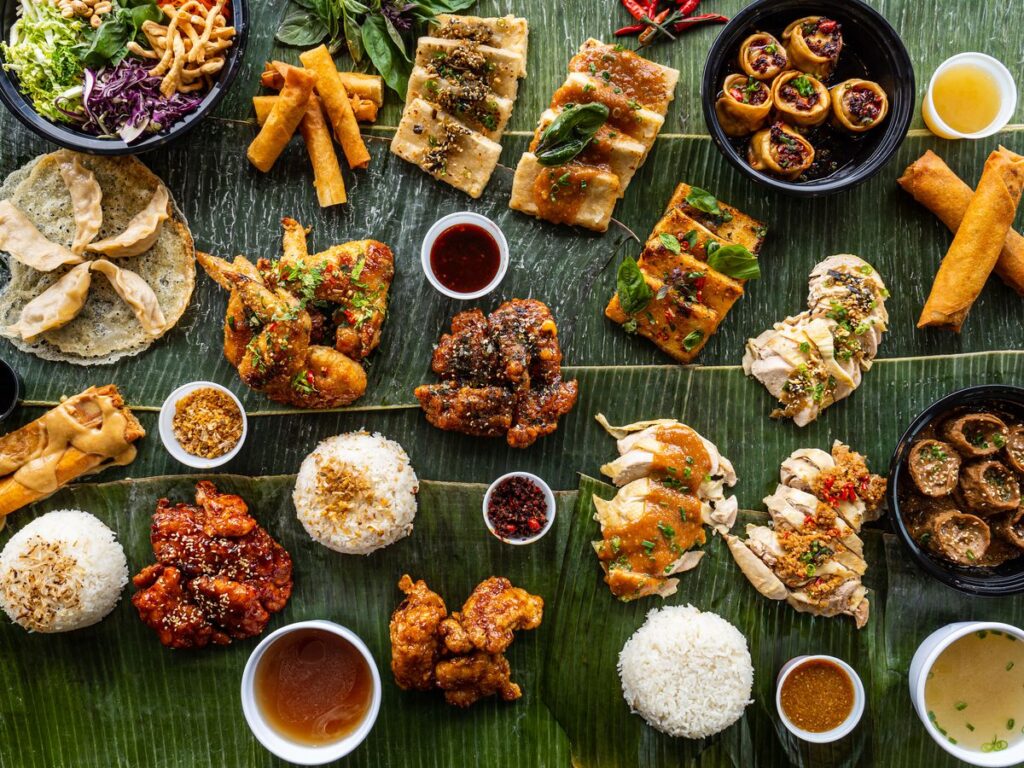
Thailand abandoned the use of sticks in the 19th century. You’ll get a spoon and fork but no knife, but most dishes come in small pieces, so you don’t need a knife. Sticky rice is usually grouped into balls and eaten with fingers.
Health risks include food poisoning, mosquito bites, and rabies
The most common problems faced by travelers in Thailand are intestinal diseases that cause disturbances in flight. Don’t drink tap water, give your hands a wash before eating, hold busy restaurants, and be wary of ice, unwashed or unpeeled fruits, and uncooked vegetables. If you become unhealthy, look for private hospitals in large cities instead of public hospitals.
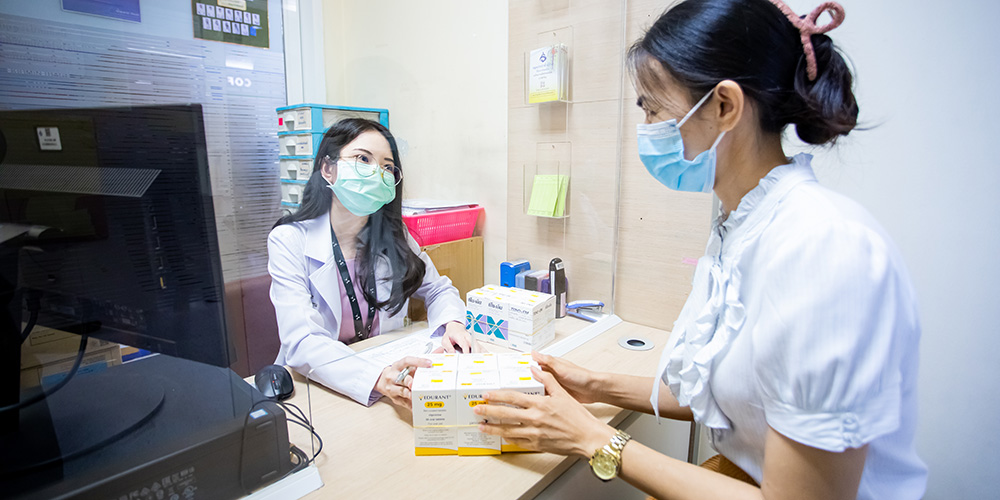
Mosquito bites can easily become contaminated in the tropical climate of Thailand. Bring a mosquito repellent and use mosquito nets (or bring your own). There is also a risk of cuffs; always seek medical attention if you are bitten by a dog, cat, or monkey.
Prices may be overpriced for tourists
In general, Thailand is hassle-free, but tourists are often charged inflated prices on tuk-tuks and meterless taxi rides. Ask locally how much trips cost and use that as a criterion to determine a fair price.
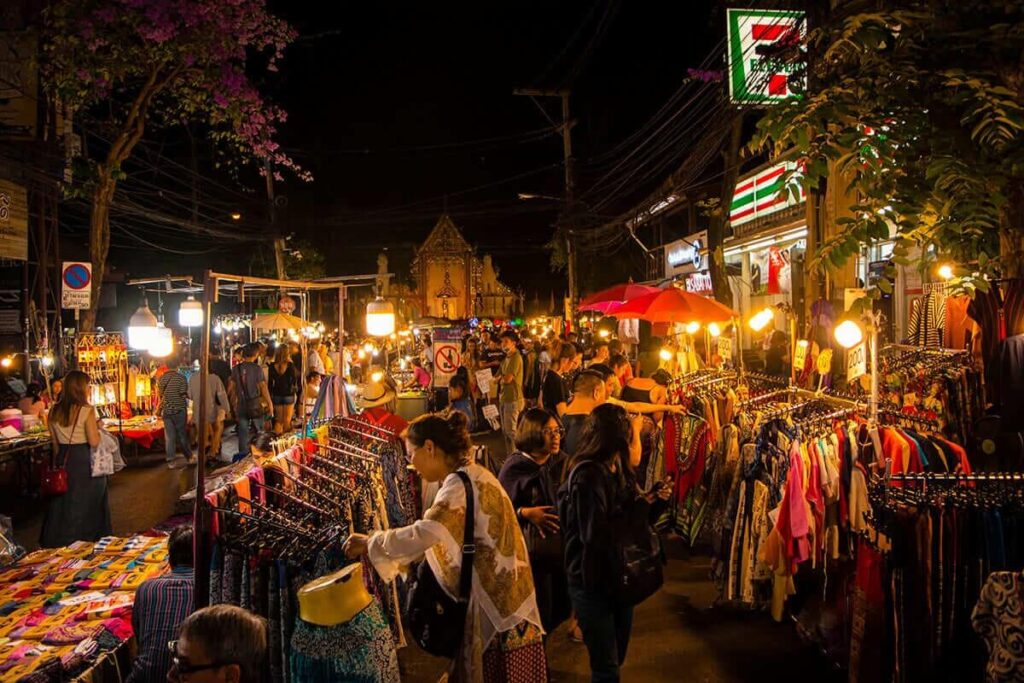
The main tourist sites are popular sites for taxi drivers and promoters who will try to direct you towards shops with a suspicious theme, fake tourist offices, and second-rate accommodations, where you will surely pay more to cover their commission. Book transportation directly with operators to avoid suspicious deals from unfaithful travel agents.
Be very careful when riding motorcycles
Thousands of travelers rent a motorcycle in Thailand, but make sure your driver’s license covers you for any vehicle you rent, and carry your passport (or a copy of your ID pages) in case requested by the police.
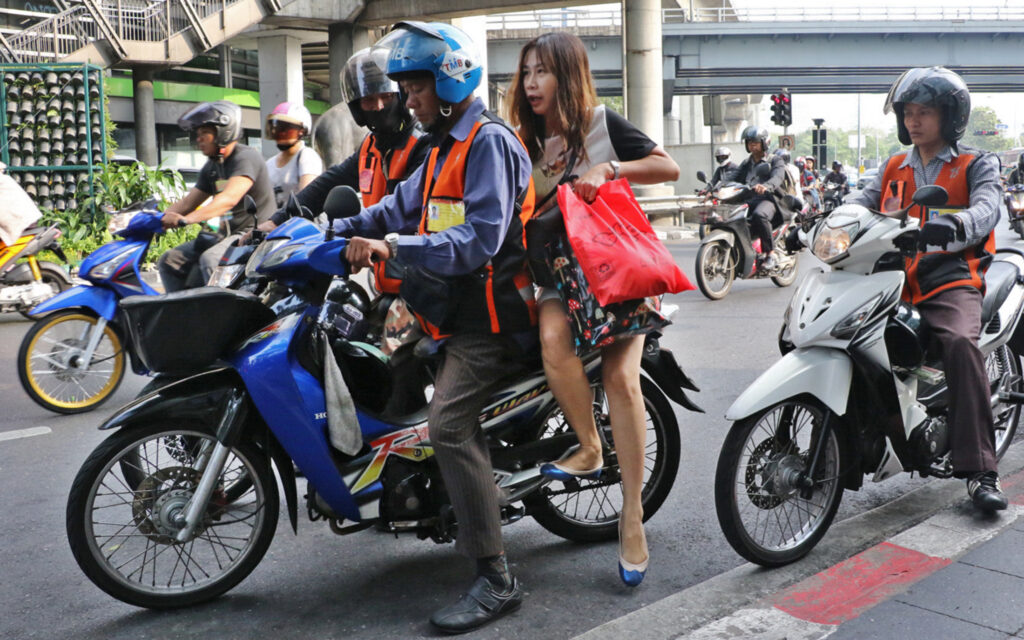
Put on a helmet, approach carefully, and make sure that the rented bike comes with liability insurance. Every year, hundreds of tourists are injured in motorcycle and scooter accidents in Thailand. Always prioritize larger vehicles, and watch out for animals on the road, potholes, and other hazards.
Follow local tips if a natural disaster occurs
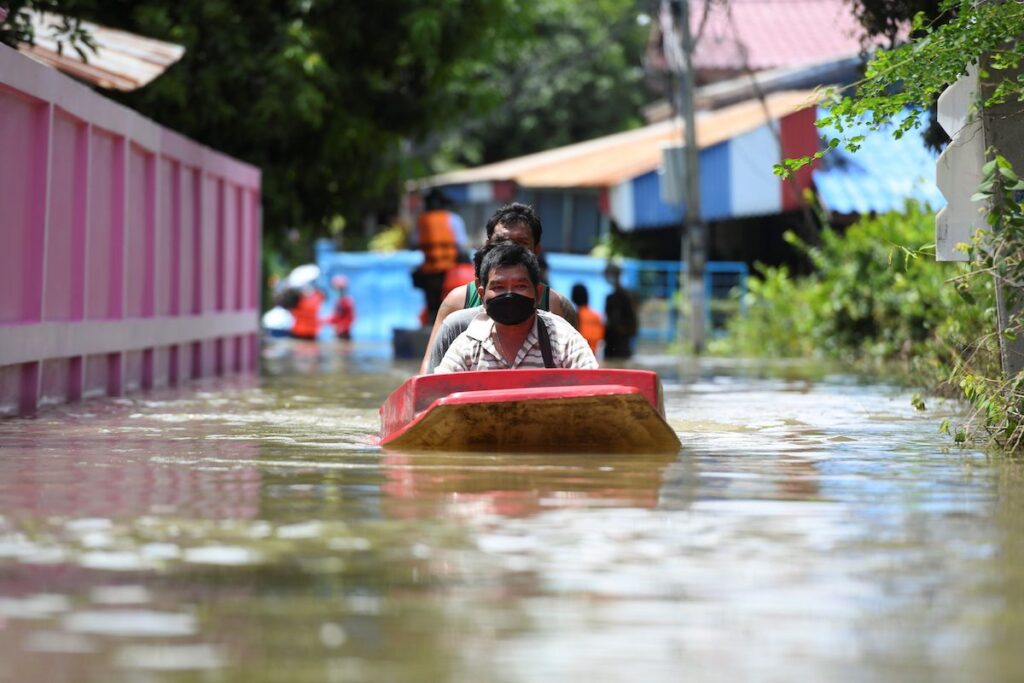
Thailand is prone to earthquakes and tsunamis, as well as floods, landslides, and typhoons during the rainy season. Listen to official advice in the event of a natural disaster, and contact your embassy for updated information on evacuation procedures.










